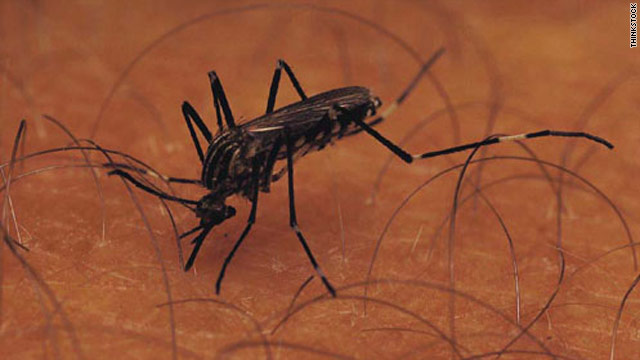Infections are caused by bacteria, viruses and other microscopic organisms. These germs can be found in the environment (water, soil & air).
Also in and on humans, our body secretion and tiny droplets that are generated by breathing, coughing and sneezing.
INFECTION ARE SPREAD THROUGH DIFFERENT MEANS:
STOOLS:
- Germs that cause diarrhea or other infections of the intestinal tract are found in feces. If personal hygiene is insufficient, stool may contaminate hands, food, water, surrounding objects and surfaces.
- The easy spread of intestinal infections is also due to the fact that some of the germs can survive on surfaces and objects for a long periods of time.
- Proper hand washing is the most effective way to prevent the spread of intestinal infections.
- Germs that cause colds, strep throat etc, are found in the saliva and secretions of the nose. Colds and other minor infections including the eyes, nose and throat are the common illness in young children.
- When people cough, sneeze, have runny nose or do anything that spreads droplets of secretions from the respiratory tract this can easily spread germs. The germs can be inhaled or they may land in a person's eye, nose or mouth. Indirect spread may also occur due to some viruses can survive in the environment (e.g. counter tops) for days at a time.
- Respiratory viruses can be found in the nose and throat of children from several day before they show signs of an illness. It is important for parents to educate their children on the importance of infection control practice.
- The skin offers an excellent barrier when in contact with blood.
- Several infections may be spread by direct contact with blood if there is a break in the skin (blood to blood) or direct contact with mucous membrane (i.e. eye or mouth)
- Only a small among of blood or body fluids can cause infections. It is imperative, whenever any blood or bloody body fluids is notice, gloves and proper cleaning/disinfection of exposed objects must occur.
- Touching an infected individual
- Kissing
- Sexual contact
- Contact with oral secretion
- Contact with body lesions
Frequent touch surfaces (Fomite) include:
- Door knobs, door handles & handrails
- Tables, bed or chairs
- Washroom surfaces
- Cups, dishes, cutlery or trays
- Medical Instrument
- Computer keyboards, mouse or electronic devices with buttons
- Pens, pencil or phone
- For example toys, towels, food and water can infect people. It is important that all objects are properly cleaned and sanitized. Also food and water is from approved sources.
